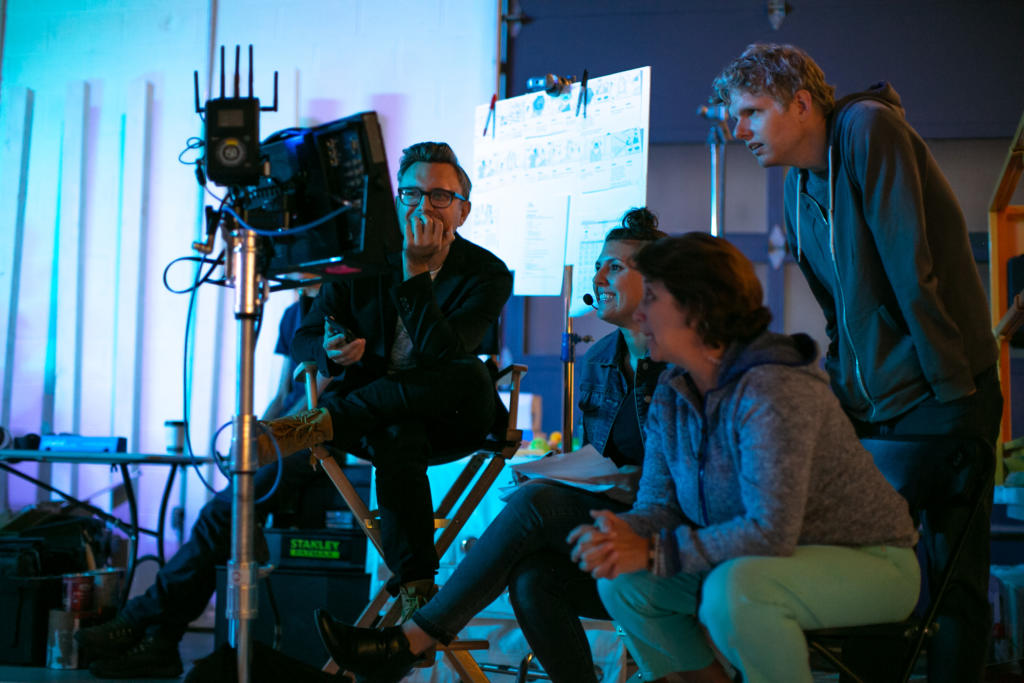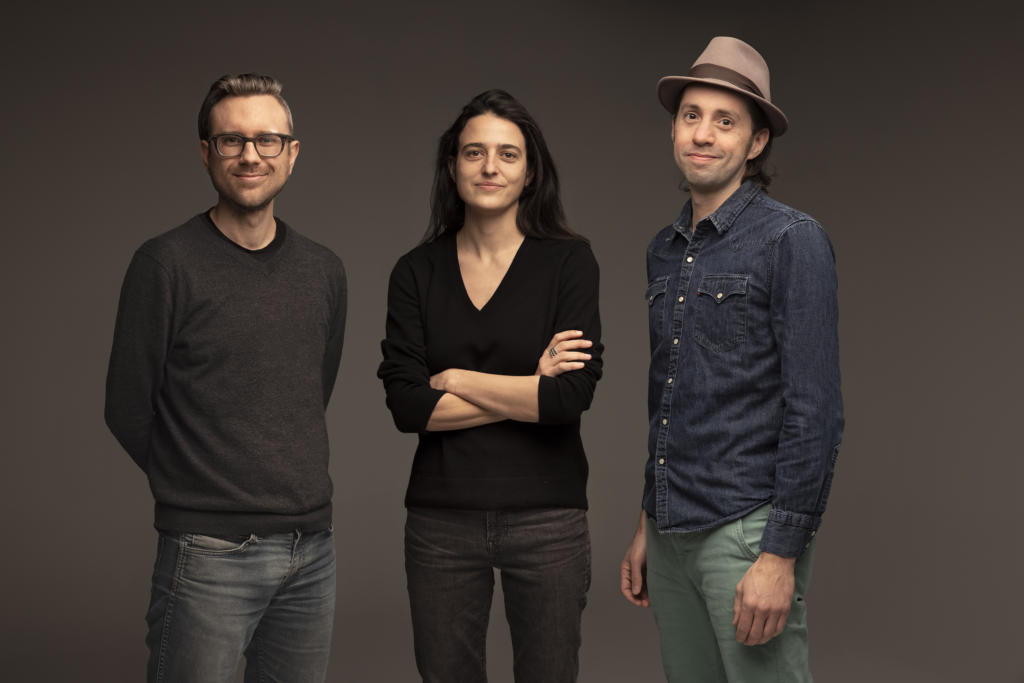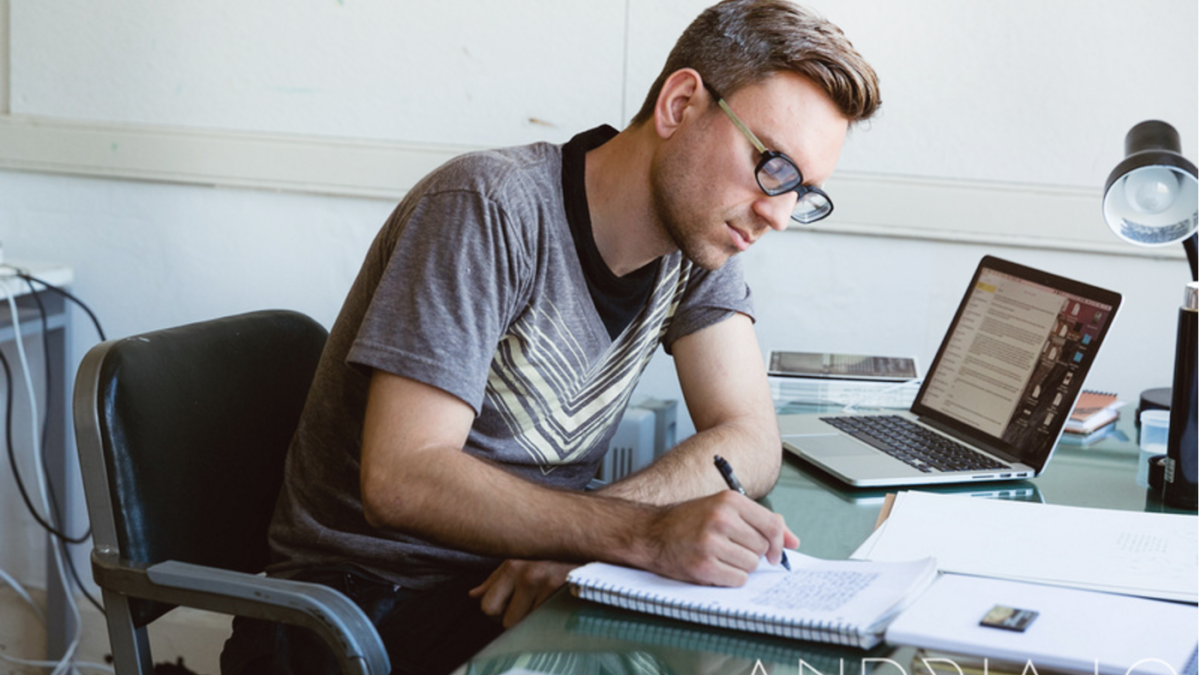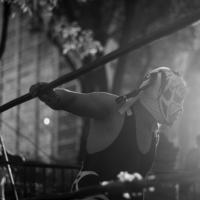“Philly D.A.” is a docuseries directed and produced by Philly native Ted Passon that centers around a story the city knows well: Civil rights attorney Larry Krasner leads a band of activists who set out to end mass incarceration by taking over the agency at its center: The district attorney’s office.
Embedded behind closed doors, the show watches an unprecedented criminal justice experiment unfold to ask: Can outsiders reform a system from within?
The series is scheduled for broadcast on PBS over an eight-week period beginning April 20, a time span that overlaps with the primary election for the office of district attorney. According to officials with the show, WHYY has decided to delay broadcast of this program until after the November municipal elections to avoid any potential influence on the campaign process. PBS will be streaming the program nationally through its video player at video.pbs.org.
PW recently caught up with Passon and co-director Yoni Brook to talk about “Philly D.A.”
PW: How did you first become interested in documenting Larry Krasner’s run for DA and then his term in office? Are Krasner’s justice reforms something you support personally?
Ted: I’ve been interested in justice issues for many years. I’ve had loved ones in prison and also in law enforcement jobs. As I got older, these issues just became more and more complicated to me. I had heard Krasner’s name for years. He had represented different friends of mine who were arrested at protests, and just knowing his reputation and how diametrically opposed it was to the traditional idea of the district attorney, it seemed like an interesting moment to document. If nothing else, his run was creating a conversation about the role of the district attorney, and challenging assumptions about it, in a way that didn’t seem like it had ever happened before. Of course, when he won, we realized that the story was about to get much bigger.
Yoni: My last film, “Menashe,” was set in the ultra-orthodox community of Brooklyn, and I’ve always been fascinated with closed societies. We realized that the district attorney’s office was a public institution that was essentially a closed society. David Rogers from the ACLU refers to them as the “black box” of the criminal justice system, and so we realized this was an opportunity to take people inside a typically opaque American institution, which has a huge impact on society. We presented the idea of continuing the story inside the office to Krasner and his team. We needed complete editorial independence and the ability to show their positive steps and missteps. They agreed, and we started showing up on day one.
In terms of our personal opinions of Krasner’s reforms, we did our best to keep them out of the series. We really want the audience to make up their own minds and hold our elected officials to account. Throughout the series we present the voices of people who oppose Krasner’s reforms. What Krasner’s reforms should be, and how they’re implemented, are questions we’re keeping open in the series.

PW: You told Deadline earlier this year that, when you heard Krasner was running for DA, you thought there was no way he was going to win. Then, of course, he won. Were there any other surprises? Did you encounter any challenges filming inside the DA’s office or did everything go fairly smoothly?
Ted: There were lots of challenges to filming inside the district attorney’s office. By law, there are some things we just couldn’t film. One of the simplest challenges was simply finding out what was going on day to day. We were constantly bugging people asking what was going on and trying to make sure we didn’t miss key moments. By trying to create an observational series, if we missed something then that was it – we couldn’t include it. So, we were basically running around with intense FOMO for about two years. We spent lots of time just meeting people and getting to know them and explaining what we were doing: Trying to create a record of this historical moment. Most people aren’t aware how independent film works. It’s a pretty precarious and often counterintuitive way to make something. It’s a model closer to an artistic endeavour, trying to scrape together funds and donations, than a business. In order to even apply for grants or pitch to broadcasters, you need to spend lots of time filming and editing on your own dime. I co-run a production company, which is conveniently located a block from the DA’s office, and the company put up much of the initial seed money until we could raise money for the project. It took us over a year of applying for grants before we started bringing in any funding. Then it was another year before we landed at PBS after most of our shooting was completed.
Yoni: We also spent lots of time trying to talk to people inside the office who didn’t like what Krasner was doing. It was incredibly important to us to find those voices. It was a very divided office and it was crucial for the story to be able to see that reality. In the beginning, people would speak to us off camera about their concerns but of course that doesn’t amount to much in a documentary. It’s not a small ask to try to get someone to go on record as publicly disagreeing with their boss. We interviewed people who were eventually willing to trust us with their voice, and we think the series greatly benefits as a result. It’s a brave act to put yourself on camera, especially when you have no say in how it will be edited so we are very grateful to everyone who participated.
PW: You started producing “Philly D.A.” in 2017 with Larry Krasner’s campaign and election. How did the project change over the years, given the increased calls for criminal justice reform we’ve seen recently?
Ted: It was interesting for us to see the country change during the time that we were filming. When we first started pitching to networks, we would get questioned about whether the public was going to be interested in a story about criminal justice reform issues, and we never get that question anymore. It’s certainly interesting to see how quickly the mainstream conversation has changed.

PW: “Philly DA” picked up a lot of praise when the first two episodes premiered at Sundance, and later at Berlin, this winter. How do you feel the series turned out? Did you accomplish what you set out to do in 2017?
Ted: When you’re as close to the project as we are, it’s hard not to focus on all of the other stories you wish you could have included and the ideas you wish you could have delved into more deeply. Eight hours seems like a lot of time, but in many ways we just scratched the surface. I think one of the aspects of the series that may surprise people is how much our focus ebbs and flows from Krasner during the series.
Yoni: When we began filming in the DA’s office, we thought we were making a feature film. We were following many stories with the assumption that one or two of them would end up as the film. However, we realized that none of the individual stories we were following could on their own illustrate the breadth and scope of our subject matter. The district attorney has a lot of power and discretion, but it’s not an island. You can’t understand the limitations and pressures on the DA without talking to local activists and organizers. We needed to hear the perspective of police officers. We needed to hear from public defenders, and judges – so the scope kept widening. It was important to us to include the voices of people whose lives were impacted by the decisions made in the office – from victims to people who are system impacted, for example by being incarcerated or on supervision. For all of these reasons, we realized that the best way to tell the story would be as a multi-part series, and thankfully, PBS and Independent Lens agreed with us.
PW: What are your thoughts now that the series is complete and ready to be released on PBS? Is there more work to be done in terms of criminal justice reform? Do you think the series will help to perpetuate such conversations?
Ted: We really are excited to have a wide audience get to finally see the series! We were happy with the range of stories we were able to cover, and hope the series can function as a conversation starter and encourage people to be engaged in their criminal justice system whether as voters or activists.
In terms of more work to be done in criminal justice reform, that seems to go without saying. We were hard pressed to find anyone who thought the system didn’t need to improve in some way, shape or form, but of course, the disagreement is in what way. I think one big takeaway from the experience was how ineffective the criminal justice system really has always been in terms of creating safety. All sides seem to agree that public safety has rarely, if ever, hit an acceptable threshold. It’s been interesting to see, since 2017, that there has been some bi-partisan agreement on the idea that the way we choose to invest money into the justice system needs to be re-prioritized. Dollars that go to increasing quality of life like education and housing seem to have a bigger return in terms of public safety.
Storytelling plays a big role in how we think about crime as a society, and those stories are usually framed around simplistic ideas about people. It was important for us to create a story that showed human beings as nuanced and multi-faceted because ultimately, crime and justice are not issues of “evil people” and “good people,” but it is absolutely an issue of humans with needs that are not being met. Hopefully, this is just one of many conversations that the series can help foster. Our hope is that this moment in history is one when the nation will become more engaged in the criminal justice system than it has previously, and we’re happy if we have contributed to that.
Yoni: One of the most exciting things about this docuseries is that it will shape the conversations about the criminal legal system nationally. PBS and public media is free, and so our Philadelphia story will reach all corners of our country. Historically, DA elections are low-turnout. No matter where people fall on the political spectrum, we hope they learn who their DA is, what policies they promote, turn out to vote, and after they’re in office, continue to hold them to account.





